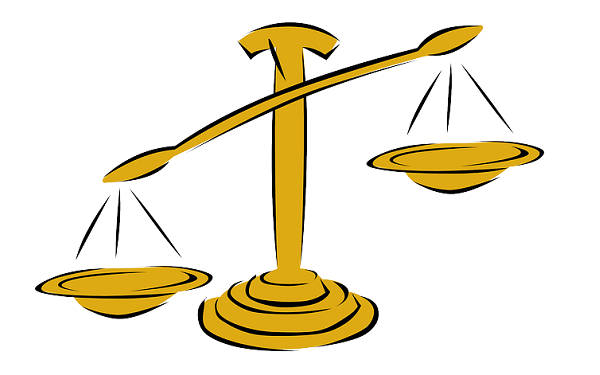My writ appeal is being heard in the court. My lawyer is not able to properly explain the issues or sometimes he is confused to explain the matter. Can I argue or give clarification myself when my lawyer is unable or confused to answer?
 Answer: Please see my detailed answer to a similar question: Do I have right to defend my own case in court without lawyer? In that answer, I have explained in detail that a litigant has the right to present his own case in the court, but I have also mentioned that it should be done after duly considering the pros and cons of doing it. So, you also have a similar right if you want to defend your own case without engaging an advocate.
Answer: Please see my detailed answer to a similar question: Do I have right to defend my own case in court without lawyer? In that answer, I have explained in detail that a litigant has the right to present his own case in the court, but I have also mentioned that it should be done after duly considering the pros and cons of doing it. So, you also have a similar right if you want to defend your own case without engaging an advocate.
However, your question is slightly different. In your case, you have already engaged an advocate and you feel that he is not able to argue or explain properly, and you want to supplement his efforts by arguing or explaining yourself in the court when your lawyer is not able to do so. But, this is generally not permissible.
While you have freedom to not engage an advocate and argue / defend your case yourself, once you have already engaged an advocate in your case and signed Vakalatnama (or Vakalat) in favour of him which has been filed in the court, your right to defend the case yourself is curtailed and restricted. Generally speaking, the court will not allow you to argue or explain yourself when you have already engaged an advocate for that particular case. Once you have engaged an advocate, it is your advocate who will be allowed by the court to argue your case. Of course, you can instruct or explain to your advocate (even within the court), who can then explain the relevant details to the court. However, the court may not allow you to directly address the court in the presence of your advocate. Engaging the advocate means that you have given him the power or authority to represent you in the court. So, unless you withdraw such authority or power, the advocate continues to represent you.
In fact, this restriction is generally applicable even when more than one advocates are engaged by a party to a case. The court will generally allow only one advocate to argue the case and address the court at a given time, even if you have engaged two or more advocates. Other advocates can brief or explain to the main advocate, but only one advocate will generally be allowed to address the court and argue the matter.
Same procedure is adopted when you want to argue yourself when you have already engaged an advocate. The court may not generally allow you to do so.
However, in some exceptional cases, I have seen some courts allowing a party to explain the matter even in the presence of the advocate. But, this is very rare and it generally happens more in the lower courts. In high courts and Supreme Court, it may not generally happen, though exceptions may be there. Secondly, this can be done only with the permission of the court or when the court itself asks the party to explain. Normally, the courts may not like a party seeking permission to address the court directly when his advocate is present in the court.
Of course, you have two more options in such a scenario where you feel that the performance of your advocate is not satisfactory. You can change your advocate and engage another advocate in whom you have more faith. Or, you can withdraw the Vakalatnama (or Valakat) of your existing advocate, discharge him of his responsibility to represent you, and seek permission of the court to argue the case yourself.
When you want to change your advocate, you may need the “no-objection” from the existing advocate for engaging a new advocate in his place. However, if he refuses to give the “no-objection”, you may approach the court for permission to change your advocate, which permission is generally granted by the court, subject generally to your paying the (due or remaining) professional fee to the existing advocate if the advocate insists.
If you want to withdraw the Vakalatnama of the existing advocate and discharge him from the case, and want to argue the case yourself, it may not generally need the no-objection of that advocate. But, the court permission is needed, which is generally granted. Sometimes in such a situation, specially in a criminal case, the court may also offer you a free legal aid advocate if you so wish. In such a situation, you may show your preference to argue the case yourself. If the case is a legally complicated case, the court may also appoint an amicus curiae (friend of the court) advocate to assist the court where the case is represented by a party-in-person.

